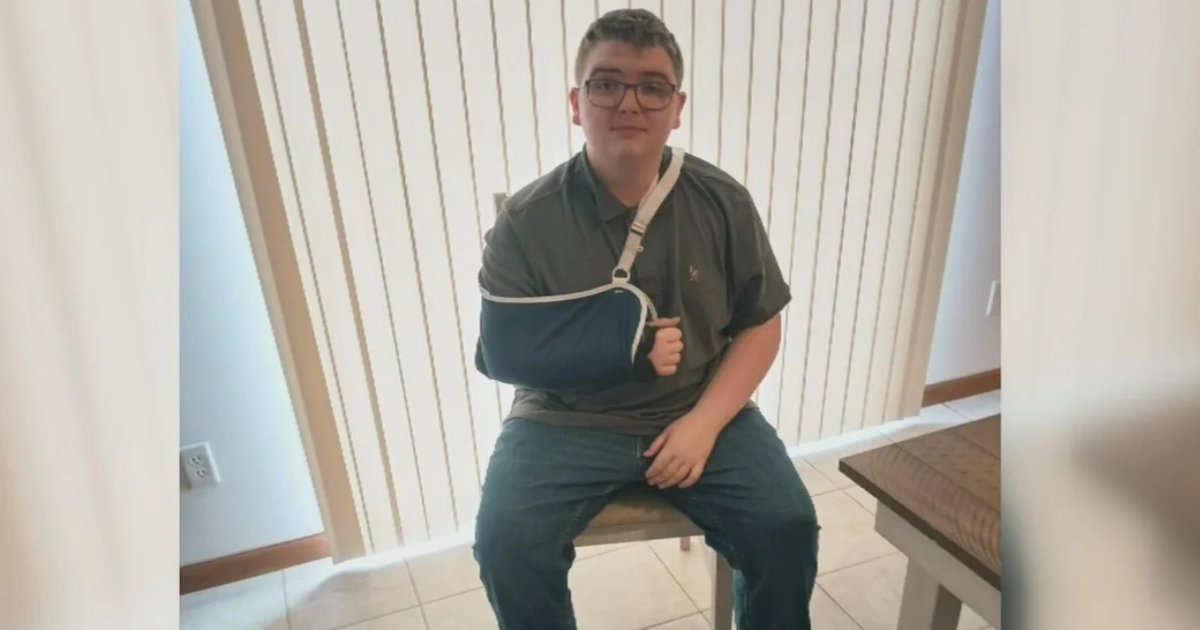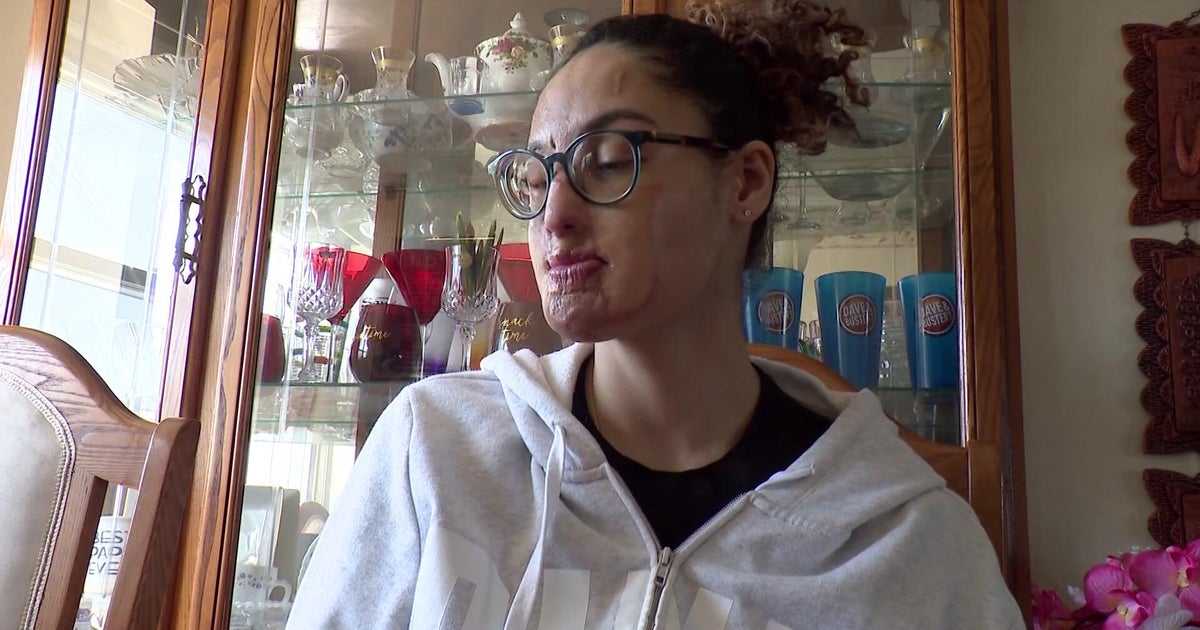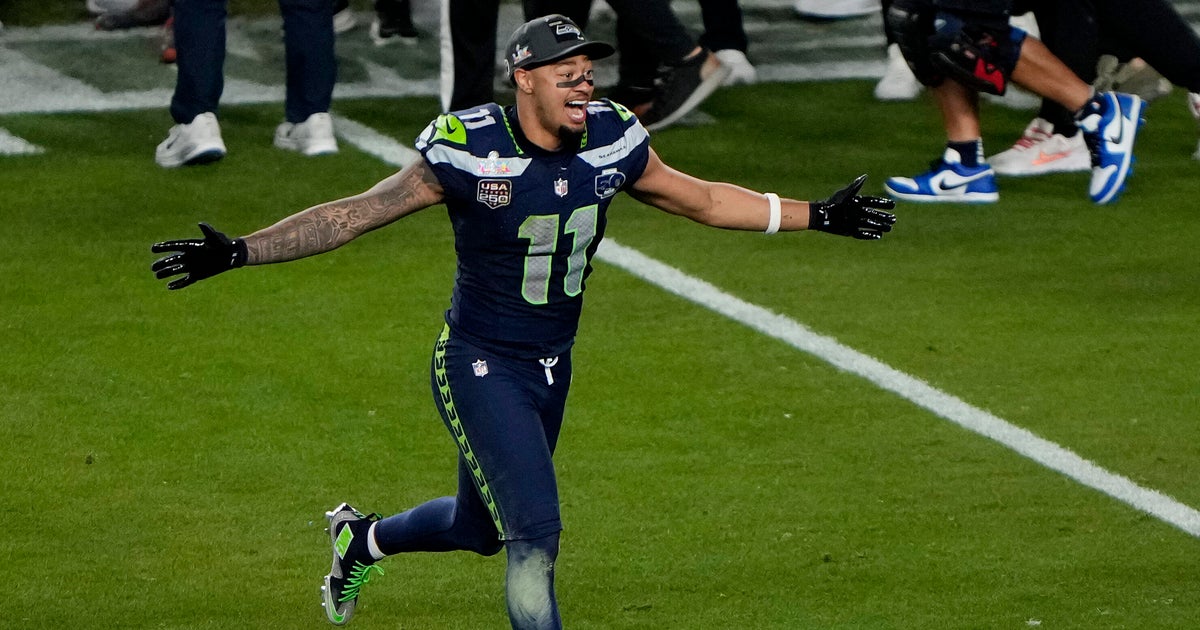Sims: Breaking Down Derek Jeter's Compensatory Injury
By Abby Sims
» More Columns
So iconic Yankees captain Derek Jeter is (sadly) out of action after sustaining a left ankle fracture in Game 1 of the American League Championship Series. This came while playing in pain after a series of recent injuries to his left foot and ankle, previously culminated with a bone contusion (bone bruise) that he'd suffered due to a foul tip in the third game of the American League Division Series.
Manager Joe Girardi reportedly acknowledged that Jeter had received at least one cortisone injection in order to help him play through the pain.
Jeter, as anyone who follows the Yankees knows, is not the complaining type, and if he can be out there contributing --hurt or not -- that is where you'll find him. Even hampered by injury he was performing at a higher level than many of his teammates this postseason. He took a calculated risk and he lost. So did the Yankees and their fans.
Girardi was quoted as saying, "I don't think he was playing on a stress fracture, but I think the weakness in his ankle and the foul tip off his foot contributed to that … You hear a lot of guys talk about when they sprain one ankle, they usually hurt something else. I think it's inevitable (that) if you continue to play with something hurt, you're probably going to end up hurting yourself somewhere else.''
Jeter reportedly first experienced left ankle issues in early September, and he exacerbated the area with the foul tip in mid-September. He was also said to have injured the same ankle, in a different place, in the last game of the regular season.
Professional sports is a feeding ground for compensatory injuries, and Jeter's won't be the last. As we know, football is an especially prime offender. Many athletes pay a long-term price that they opt to put out of their minds while playing (and that their employers must feel they are paid to incur).
I've never quite understood the short-term fixation on winning at the expense of the longer-term health of an athlete and the team's investment in him. My husband, sportscaster Dave Sims, always tells me to just get over it -- that's just the way it is and always will be. I know that he's right. But clearly there is always younger talent waiting in the wings, and many players are warriors who not only want to contribute, but don't want to be expendable.
The reality is that many athletes suffer subpar performance while playing hurt in addition to risking further injury. At the very least, most who play hurt prolong the process of recovery.
An interesting twist this postseason has been the reaction reported around the league after the Washington Nationals held fast to their decision to shut Stephen Strasburg down before the playoffs. It was reported that a number of general managers rooted against the Nationals for this reason alone. Are they threatened by the care that Nationals management is taking to protect their future with Strasburg, and the standard to which GMs might be held in the future? No one will ever know if Washington made the best decision, or even whether they might have reneged had the team advanced to the NLCS. But the scenario as it unfolded was certainly unique.
Follow Abby on Twitter here.
Should the Yankees have been more careful in their handling of Jeter? Offer your thoughts in the comments section below...







